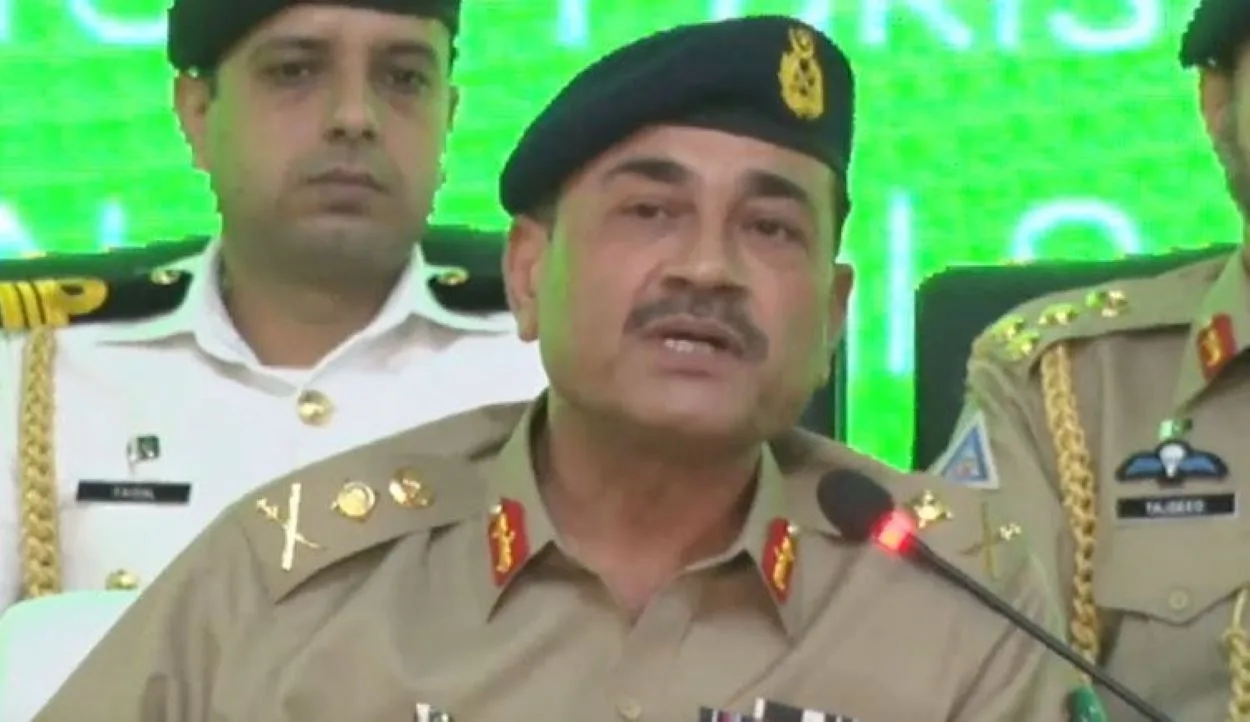In a recent National Seminar on Agriculture and Food Security held at the Jinnah Convention Centre in Islamabad, Chief of Army Staff (COAS) General Asim Munir pledged unwavering support from the army for Pakistan’s economic growth. This support was explicitly extended to all initiatives under the Special Investment Facilitation Council, including the Green Pakistan Initiative launched at the same event.
General Munir emphasized Pakistan’s abundant natural resources and the country’s potential to rise. He affirmed the military’s commitment to aiding the government in its developmental efforts, expressing confidence that no external force could deter Pakistan’s path to progress. Highlighting the event’s central theme, he noted their collective goal of rejuvenating Pakistan’s greenery.
Launch of the Green Pakistan Initiative
During the same event, Prime Minister Shehbaz Sharif unveiled the Green Pakistan Initiative, an ambitious project to revolutionise the country’s agricultural sector and create up to 4 million jobs.
The Prime Minister underscored the critical role of agriculture in Pakistan’s economy, commending farmers’ relentless efforts in providing food to millions. He reinforced the government’s responsibility to assist farmers and emphasized their entitlement to incentives in the agricultural sector.
He further detailed the government’s role in providing quality seeds, fertilizers, and pesticides and updating farmers with the latest technology. Lauding the new agriculture initiative for its real-time pest attack alerts, he expressed concern over the circulation of counterfeit drugs and warned of stringent action against those involved.
The Prime Minister also voiced his appreciation for General Munir’s vision for the agricultural sector’s advancement. He reiterated the importance of collaboration between federal and provincial governments, agricultural departments, and research institutes in implementing it. Despite admitting the current underperformance of research centres, he ensured the government’s readiness to provide the necessary funding.
He pointed out the economic haemorrhaging caused by state-owned enterprises, which lose Rs600 billion annually, and the country’s substantial import of palm oil, which costs the national economy $4.5 billion. Emphasizing the need for foreign investment to boost crop production, he expressed hope in Gulf countries willing to contribute to agriculture.
The Prime Minister predicted that political stability could attract an investment of $40 to $50 billion in the coming years and potentially open avenues for food exports to Gulf countries, which currently import food products worth $40 billion. With plans to boost exports and compete globally, he projected a revival of Pakistan’s economy within the next two years. He emphasized the importance of strengthening food and economic security for national defence.






